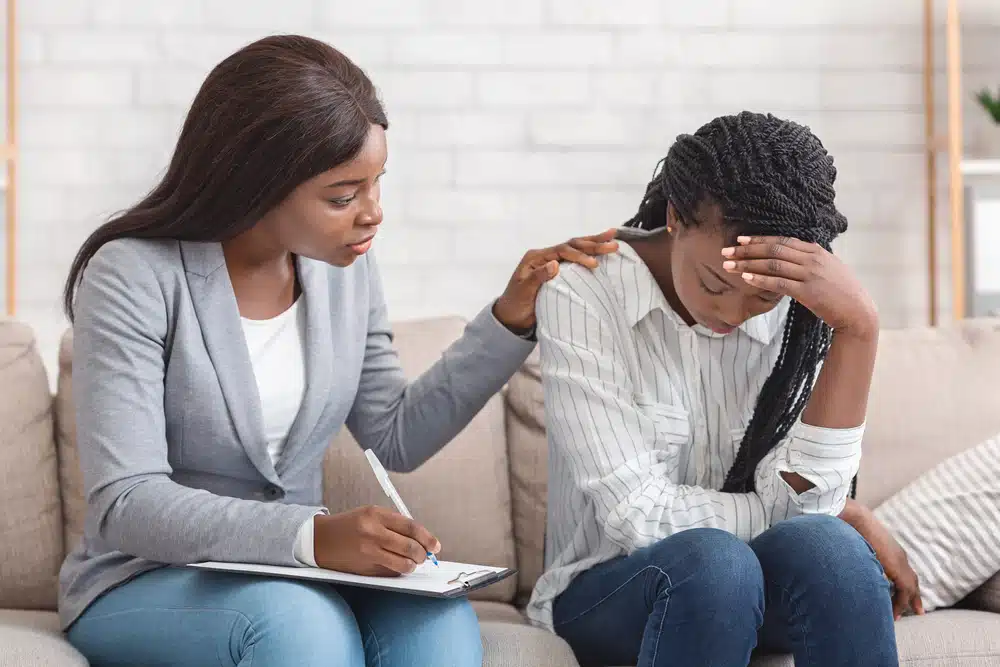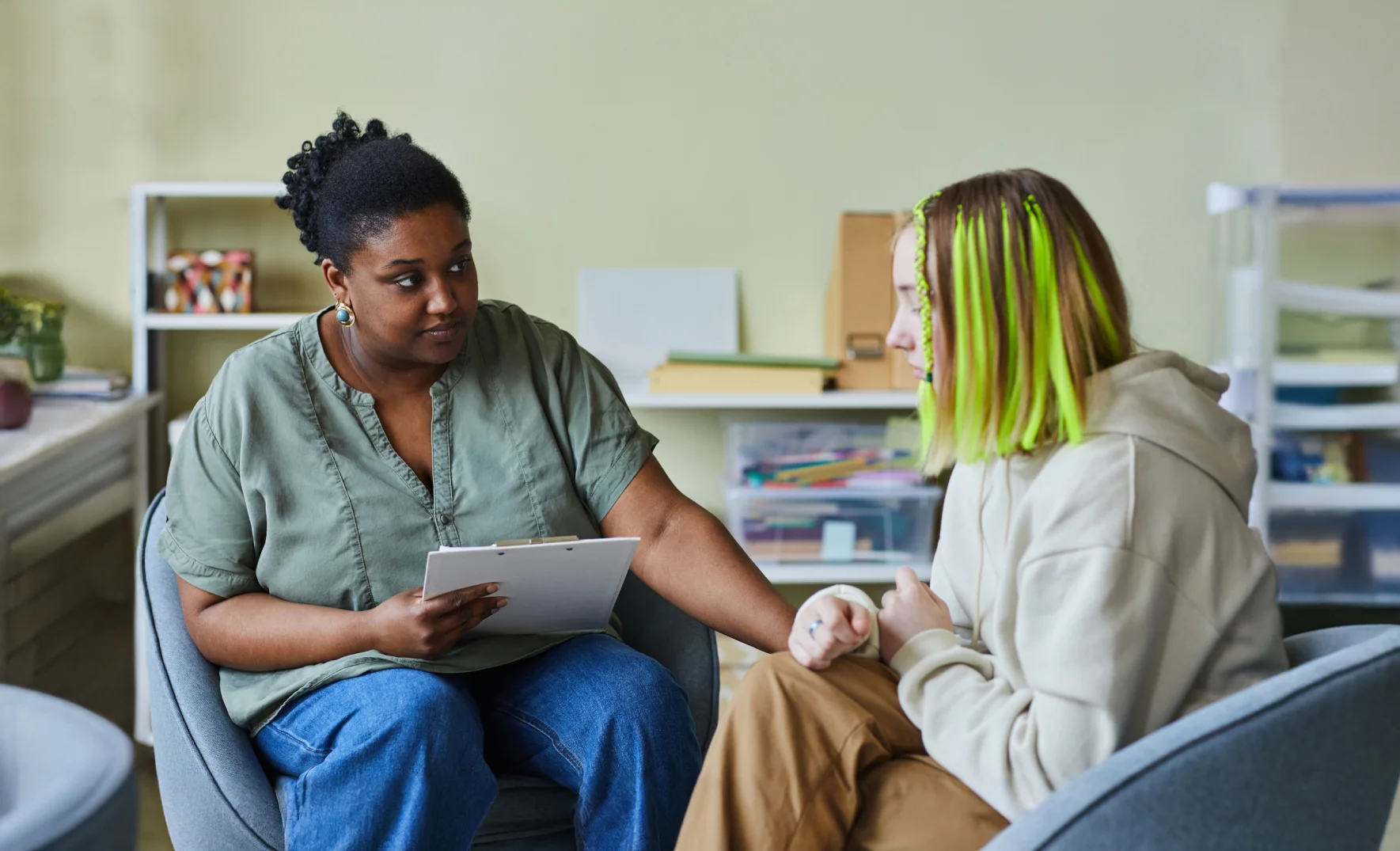24/7 Helpline:
(866) 899-221924/7 Helpline:
(866) 899-2219
Learn more about Couples Rehab centers in Saline County
Other Categories in Saline County

Other Insurance Options

BlueShield

Aetna

EmblemHealth

Coventry Health Care

MHNNet Behavioral Health

Providence

CareSource

Optima

Optum

BHS | Behavioral Health Systems

PHCS Network

Carleon

Regence

ComPsych

BlueCross

Choice Care Network

Private insurance

Amerigroup

Excellus
Beacon

Rivendell Behavioral Health Services
Rivendell Behavioral Health Services is a mental health and drug rehab center in Benton, AR. It is d...

Counseling Clinic – Youth Services
Counseling Clinic - Youth Services offers mental health treatment to youth in Benton, Arkansas. Serv...

Counseling Clinic – Outpatient Services
Counseling Clinic - Outpatient Services is a behavioral healthcare program in Benton, Arkansas that ...

Coaching Counseling and Mentoring Services
Coaching Counseling and Mentoring Services is a private rehab located in Alexander, Iowa. Coaching C...

A New Day Counseling Service
A New Day Counseling Service specializes on proving outpatient substance abuse counseling services t...

Embark at The Forge
Embark at The Forge is a private rehab located in Benton, Tennessee. Embark at The Forge specializes...

WKDA Counseling Services
WKDA Counseling Services specialized in anger management, DUI programs and alcohol and drug therapy....







































































































































